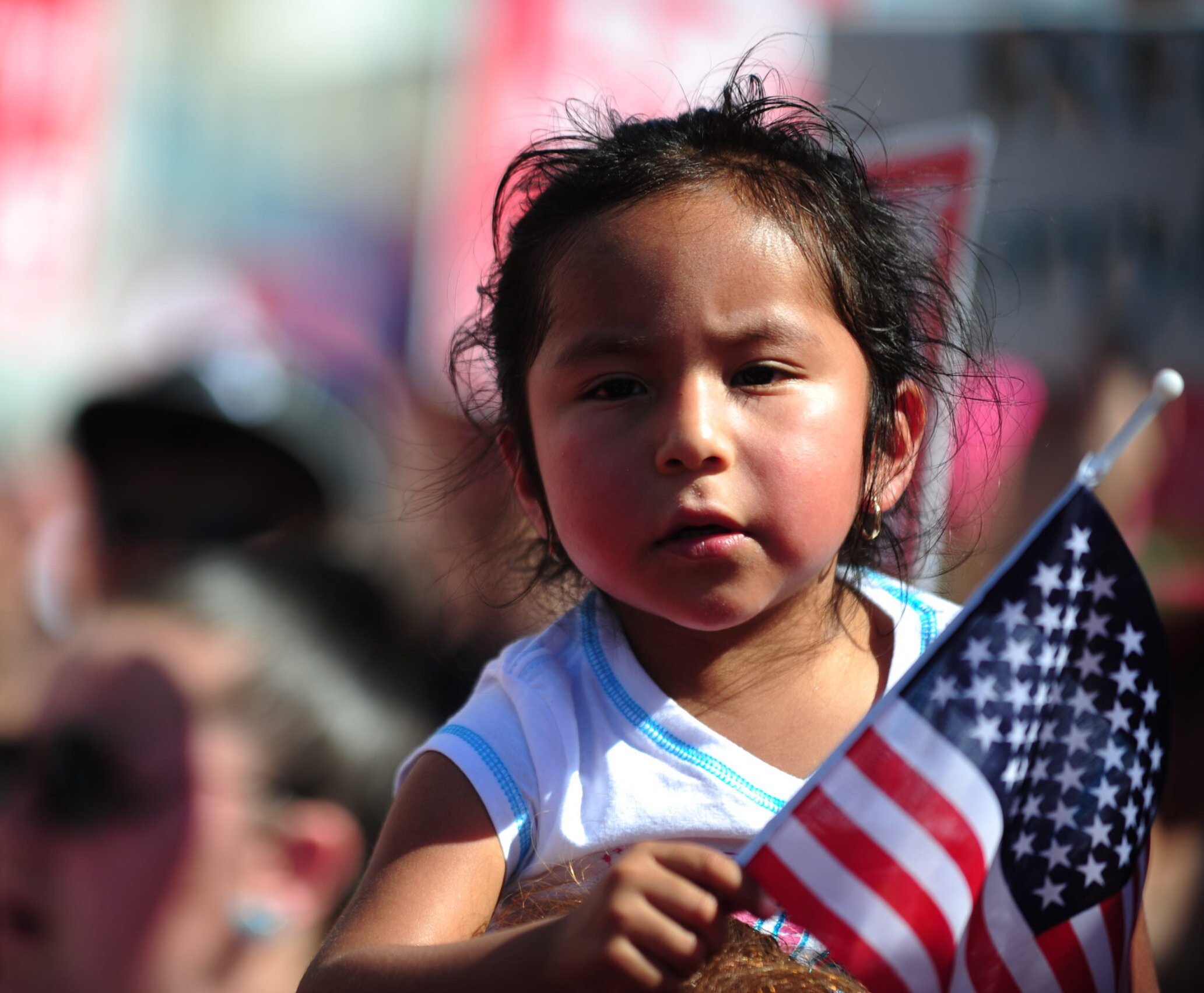ustxtxb_obs_1974_04_12_50_00014-00000_000.pdf
Page 3
Austin Friends of the United Farm Workers of America should add all Gallo wine products to their boycott list. Gallo is the largest wine producer in the United States, and it markets its products under a lot of Texas director of the UFW boycott, says you can be pretty sure that any wine bottled in Modesto, Calif, is from the Gallo farms. The boycotts of non-union head lettuce, table grapes and all Safeway stores are still in effect. There are about 16 people working full time in Texas on the boycott right now. They get room and board and $5 a week. Chandler says he could use more full-time boycott people and a lot more part-time volunteers. He can be reached at the Texas boycott office, 715 S. Beach St. in Fort Worth. The phone People already committed to helping the farm workers need read no further. The following article is for the fence sitters who don’t understand the boycott, the swell-heads who choose to ignore it and the nay-sayers who insist it won’t do no good no how.Ed. A Texas historian once wrote that the dominant anglo population looked upon Mexican-Americans as “a species of farm implement that comes mysteriously and spontaneously into being coincident with the maturing of the cotton, that requires no upkeep or special consideration during the period of its usefulness, needs no protection from the elements, and when the crop has been harvested, vanishes into the limbo of forgotten things until the next harvest season rolls around” \(Kibbe, It’s true. Traditionally, farm workers have been regarded as little more than cheap tools at the disposal of society. This view is not indigenous to Texas, however. The same can be said for the blacks who pick the oranges from those Florida sunshine trees, the chicanos who tend to the grapes and asparagus and lettuce in California, the Puerto Ricans, the Filipinos, the hippies, the Portuguese, the Arabs and all the other men, women and children who work as seasonal pickers in the fields of America. ACCORDING to the Senate Subcommittee on Migratory Labor, the average life expectancy for a farm worker is 49 years. Death from tuberculosis and respiratory infections is 260 percent higher than the national rate. Farm workers are killed in accidents at a rate 300 percent higher than the national average and they are not covered by workmen’s compensation. They are not included under state or federal minimum wage 14 The Texas Observer legislation. Nor are they included in labor relations laws. Migrant children move with their parents from harvest to harvest and consequently they don’t get much schooling. The federal government has set out to do something about that. So the situation is improving. In Texas, most migrant workers are Mexican-Americans. In 1950, almost 30 percent of the Texans with Spanish surnames had no school learning whatsoever. By 1971, the number with no schooling was down to 11 percent. Still, less than half the state’s chicanos get past elementary school. The best thing farm workers have going for them is Cesar Chavez and his United Farm Workers, a labor organization that is affiliated with the AFL-CIO. The UFWA organizing in Texas during the mid-Sixties \(see Obs., action has been in the corporate fields of California. Chavez is a chicano Martin Luther King. His union’s strongest weapons have been a zealous sense of what’s right and a dedication to non-violent protest. King’s civil rights movement was dying even before he was murdered, but the farm workers’ movement survives in California. It is bolstered across the nation by boycotters of varying stripe liberals and radicals and labor moderates, WASP housewives, Jewish socialites and practically the whole Catholic Church. The farm workers are almost an anachronism in the Seventies. It is one of the precious few movements one can name in this country that still has an encompassing sense of camaraderie and justice. With the help of a nation-wide boycott, the farm workers won their first big strike in California in 1970. That year more than 90 percent of the grape growers signed contracts with the UFW. These were a new kind of contract for field laborers. In addition to raising their minimum wage by 40 cents an hour, it did away with the old labor contract system, a system in which independent contractors literally sold the labor of farm workers to the growers. The UFW instituted hiring halls where all the union members, not just the strongest, youngest men, get a chance to work. The union set up seniority and job protection rules. Their contracts included the right of workers to elect job stewards for each crew and the right to set up their own field work pace. Grievance procedures were laid out and laborers were put on the grievance committees. The normal work day was limited to eight or nine hours, six days a week. The union banned discriminatory hiring practices and conducted meetings in the language of the majority of workers present. UFW contracts prohibited the use of dangerous pesticides in the fields, required toilets and cool drinking water on labor sites and set up safety standards for the use of protective garments, tools and equipment. The union required that growers pay 10 cents an hour into the Robert F. Kennedy Medical Plan, which provides health care for farm workers and members of their families. The union also provided a credit union, a service center, legal aid, retirement housing and death benefit insurance.


